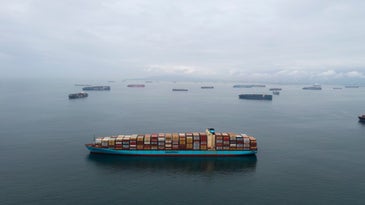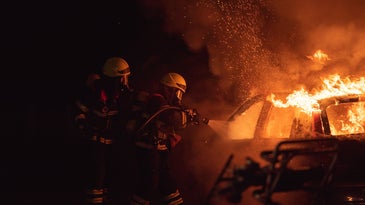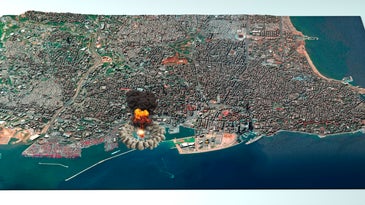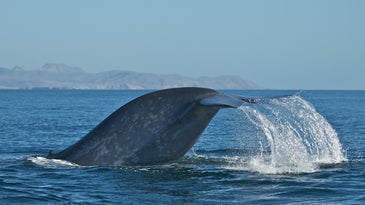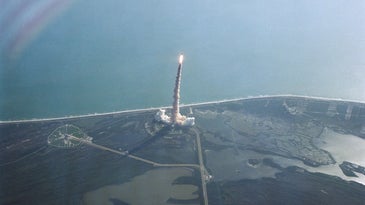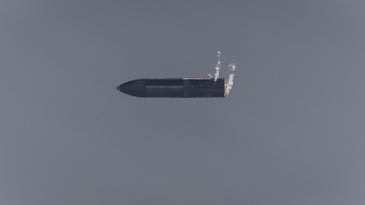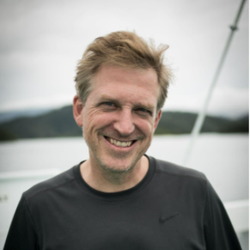
Erik Olsen
Contributor, Tech
Erik is an award-winning journalist and filmmaker based in Los Angeles. Previously, he was a senior video journalist for The New York Times in New York City and Berlin and the West Coast video correspondent for Quartz. For five years, he was an online and TV producer at ABC News. He has produced videos and written for numerous science publications, often focusing on ocean science, drones, technology, and the convergence of art and science.
Highlights
- Deep experience writing and filming about environmental and ocean science (marine biology, geology, ocean technology). Logged numerous long expeditions at sea aboard scientific vessels, including a ride in a submersible to 2,000 feet beneath the surface.
- Extensive experience filming with, and reporting, on drones. FAA licensed drone pilot and experienced in underwater photography/videography
- Bylines include The New York Times, Quartz, Scientific American, Great Big Story (CNN), National Geographic, Retro Report, ABC News, Hakai Magazine, and Business Insider.
Experience
For over a decade Erik worked as a video journalist with the New York Times, reporting from New York City and Berlin. He has reported from almost every state in the US and numerous countries. He covered the Ukraine conflict, the 2010 earthquake in Haiti, Hurricane Sandy, the European refugee crisis, the British election, the Boston marathon bombing, Germany’s energy transition, and many more global and breaking stories. Erik was one of the first working reporters to employ drones in his video work. He’s won various awards, including the 2018 Edward R. Murrow National award for Feature Reporting. He was part of a team that won the 2018 Gerald Loeb award for video. His video was a finalist in General Excellence in Online Journalism for the Online Journalism Awards. He’s also won the NPPA award for documentary, a Webby, the RTDNA/RIAS digital media award, and several others. He presented to the annual meeting of the AAAS on the subject of visualizing science and has appeared on numerous news programs as an expert in visual journalism and drones. He once traveled overland (including grabbing a ride aboard a Chilean navy vessel) from Antarctica to Los Angeles.
Education
Erik has a masters degree in environmental management from the University of Washington and graduated from the University of Colorado, Boulder with a degree in history. He also studied at the Instituto de Empressa in Madrid, Spain and the University of Chile in Santiago, Chile.
Favorite weird science fact
Octopuses have an extensive nervous system with over 500 million neurons. Scientists compare that to a dog. But over two thirds of the octopuses’ neurons are located within their arms and body, creating a unique type of distributed intelligence. I consider them the closest thing we have to an alien intelligence.
Notable Work
- These new robots will plunge into the ocean’s most alien depths Popular Science
- Why a record number of container ships are backed up off the coast of California Popular Science
- The Ocean’s Youngest Monsters Are Ready for Glamour Shots The New York Times
- Gentlemen, Start Your Drones The New York Times
- A scientist’s paintings reveal the incredible beauty of the living cell QZ
- In the Deep - a documentary series on ocean science Youtube
- Portfolio Erik Olsen



